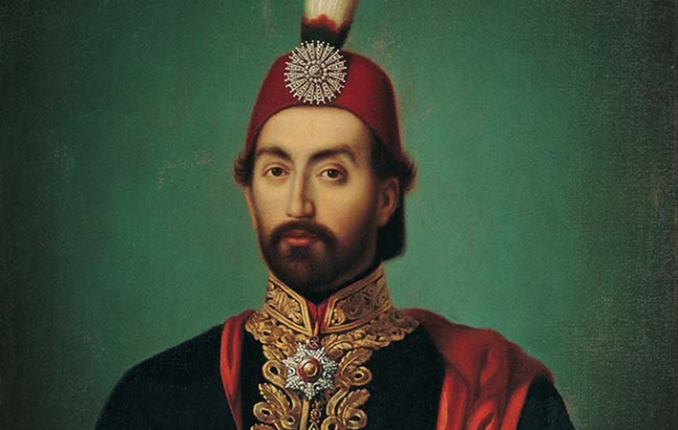The story of Turkish aid to the Irish during the Great Hunger
Between 1845 and 1852 the Great Famine (Irish: an Gorta Mór) or the Great Hunger was a period of mass starvation, disease, and emigration in Ireland. Following the failure of the potato crop one million people perished, and one million were forced to emigrate. It devastated communities throughout Ireland and left an indelible mark on the country.
It is the British government's (who then ruled Ireland) response to the failure of the potato crop that continues to be highlighted when looking at this catastrophic period of Irish history. People starved yet the export of food crops and livestock from Ireland continued over that period. John Mitchel, one of the leaders of the Young Ireland Movement, wrote in 1860:
I have called it an artificial famine: that is to say, it was a famine which desolated a rich and fertile island that produced every year abundance and superabundance to sustain all her people and many more. The English, indeed, call the famine a "dispensation of Providence;" and ascribe it entirely to the blight on potatoes. But potatoes failed in like manner all over Europe; yet there was no famine save in Ireland. The British account of the matter, then, is first, a fraud; second, a blasphemy. The Almighty, indeed, sent the potato blight, but the English created the famine.
It was at this time when Ireland was enduring the horrors of famine and mass exodus that the story emerged of how Turkey was one of the few countries to come to the aid of Ireland. During the Great Hunger the story is that Ottoman Sultan, Khaleefah Abdul-Majid I (23/25 April 1823 – 25 June 1861), stated his intention to send £10,000 in aid to Ireland. It is said that Queen Victoria intervened and requested that the Sultan send only £1,000, because she had sent only £2,000 herself.
However, the story goes that in addition to the Sultan sending the £1,000, he also secretly sent three to five ships full of food. The story is that the English attempted to block the ships, but they managed to sailed up the River Boyne (Irish: An Bhóinn or Abhainn na Bóinne), docked in Drogheda (Droichead Átha) and unloaded their cargo of aid.
The story is a heartwarming one. The Sultan donated money and a letter in the Ottoman archives records thanks from Ireland. The claim that he had wanted to give £10,000 but was deterred from doing so by the British appears in Taylor & Mackay's Life and Times of Sir Robert Peel (1851). Then is further mentioned in 1894 when the Irish nationalist William J. O'Neill Daunt said he had heard it from the son of the sultan's personal physician.
Ships carrying aid from the Sultan is harder to substanntiate but the legend persists. A plaque, unveiled in Drogheda in 1995 carries the inscription, “In remembrance and recognition of the generosity of the people of Turkey towards the people of Ireland.” However, the story that the ‘Star and Crescent’ on the Coat of Arms of Drogheda was taken from the Turkish flag is incorrect. It is an emblem related to the arms of King John who presented Drogheda with its first charter in 1210.
The story of the aid from Turkey to Ireland in its hour of need is a wonderful one. Sultan Khaleefah Abdul-Majid's determination to help the starving people of Ireland in the face of British hindrance. An act of kindness and compassion given without expectation of repayment. It stands in stark contrast to the actions taken by the English in response to a famine for which they were in large part responsible.

- Eibhlin O'Neill's blog
- Log in to post comments





